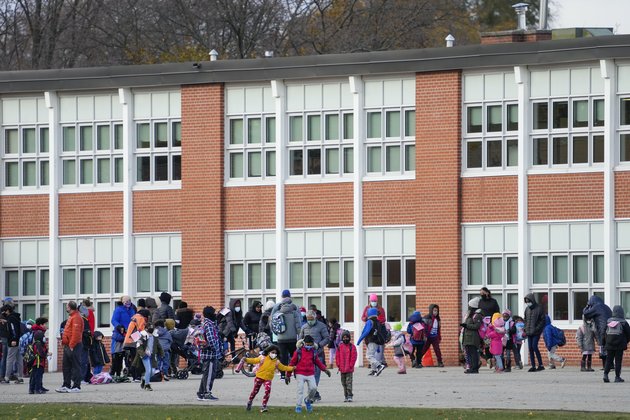
Schools and school boards struggle to respond to racism - and continue to fail to dismantle systemic barriers that affect Indigenous, Black and racialized students and families.
These barriers affect not only student learning, but student, family and staff well-being and sense of belonging.
Amid debates about school board effectiveness, some provinces across Canada have abolished or changed public governing structures overseeing school boards, or are debating doing so: for example, Québec abolished school boards in 2020 and Nova Scotia abolished boards in 2018. In April, New Brunswick’s minister of education defended plans to eliminate current district education councils and replace these with a provincial board and regional councils.
But school boards matter if they are places where parents and community members can engage in democratic discussion and decision-making, and respond to the needs of communities that have been historically excluded in public education.
Read the full article written by Assistant Professor Vidya Shah (Faculty of Education, York University), Nada Aoudeh (PhD Candidate, Faculty of Education, York University) and Gisele Cuglievan Mindreau (PhD Candidate, Ontario Institute for Studies in Education (OISE), University of Toronto) in The Conversation.
